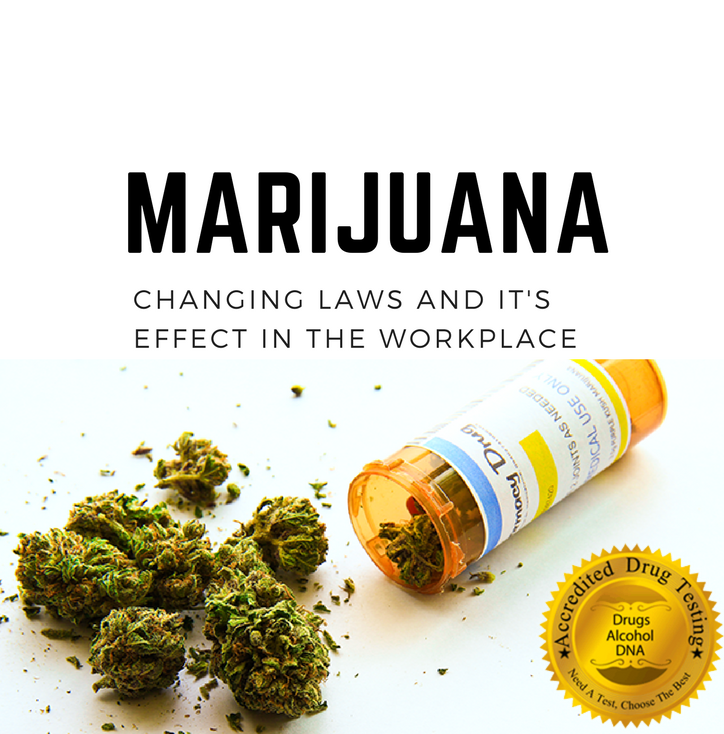Medical and recreational use of marijuana has become a growing trend in America. It is an extremely hot topic and has become the center of many biased discussions among US politicians.
Where is Marijuana Legal?
The use, possession, trade, cultivation, and transportation of marijuana is still illegal under federal law in the United States. Because of this, some states are have implemented their own regulations with regards to marijuana use.
States with legal recreational marijuana:
1. Alaska
2. California
3. Colorado
4. Oregon
5.Massachusets
6. Nevada
7. Washington
States with medical marijuana:
| 1. Alaska | 2. Arizona | 3. Arkansas |
| 4. California | 5. Colorado | 6. Connecticut |
| 7. Delaware | 8. Florida | 9. Hawaii |
| 10. Illinois | 11. Maine | 12. Maryland |
| 13. Massachusetts | 14. Michigan | 15. Minnesota |
| 16. Montana | 17. Nevada | 18. New Hampshire |
| 19. New Jersey | 20. New Mexico | 21. New York |
| 22. North Dakota | 23. Oregon | 24. Pennsylvania |
| 25. Rhode Island | 26. Vermont | 27. Washington |
Cannabis is categorized under Schedule 1 substance under the Controlled Substance Act of 1970. It is because of this reason that cannabis remains illegal at the federal level.
Marijuana in the workplace
While some point out advantages of marijuana use and its effectiveness treating medical issues, others point out the high-risk effects marijuana may have. Some proven effects of medical marijuana in the workplace include
1.Loss of productivity
2.Absenteeism
3.Increased risks of workplace injuries and accidents.
Loss of Productivity
Scientists have confirmed cannabis really does make people lose motivation. Research has confirmed long-term use of the drug affects the dopamine levels in the brain. Dopamine, also known as the “happy” “feel-good” chemical of the brain is what inspires a person to get up and go. Levels of dopamine in a part of the brain called the striatum – found towards the side of the brain and involved in motivation – were lower in regular cannabis users. A recent study has suggested that individuals who have participated in long-term marijuana usage became more withdrawn, lethargic, and apathetic.
Absenteeism
Cannabis contains at least 60 types of cannabinoids, chemical compounds that act on receptors throughout our brain. THC, or Tetrahydrocannabinol, is the chemical responsible for most of marijuanas effects, including the euphoric high. THC resembles another cannabinoid naturally produced in our brains, anandamide, which regulates our mood, sleep, memory, and appetite.
Injuries and Accidents
Marijuana impairs attentiveness, motor coordination, and reaction time. It also impacts the perception of time and speed. A study from the National Institute on Drug Abuse has found that marijuana negatively impacts driving performance, and other researchers have found that acute use of the drug increases the risk of crashes and fatal collisions. The drug has also been known to alter decision making, creating a disillusion of one’s morality, and knowing right from wrong.
Whats Next?
The legality of medical marijuana in the workplace continues to be an endless debate. Although the medical, or recreational use of marijuana is legal- most workplaces are still upholding their Drug-Free Workplace Policies. The most common reason for this being the safety aspect of allowing the use of marijuana among employees, knowing the potential risks.Policy makers are developing new regulations to uphold company values while new state laws are put into effect.
If you are interested in becoming a Drug-Free Workplace or need help writing a Company Substance Abuse Policy, visit us at www.accrediteddrugtesting.net.

